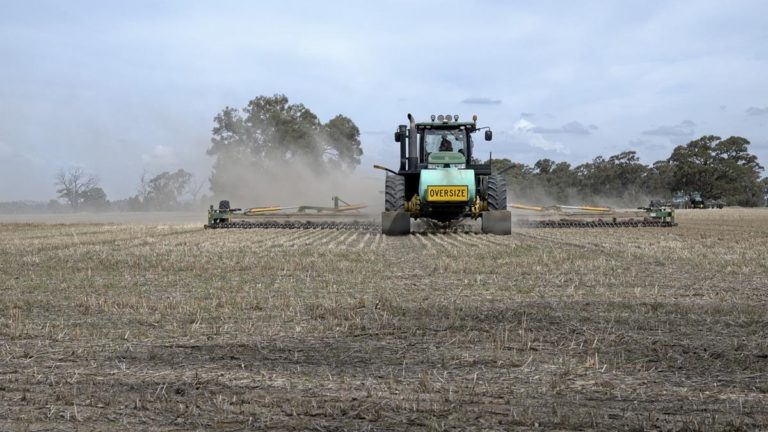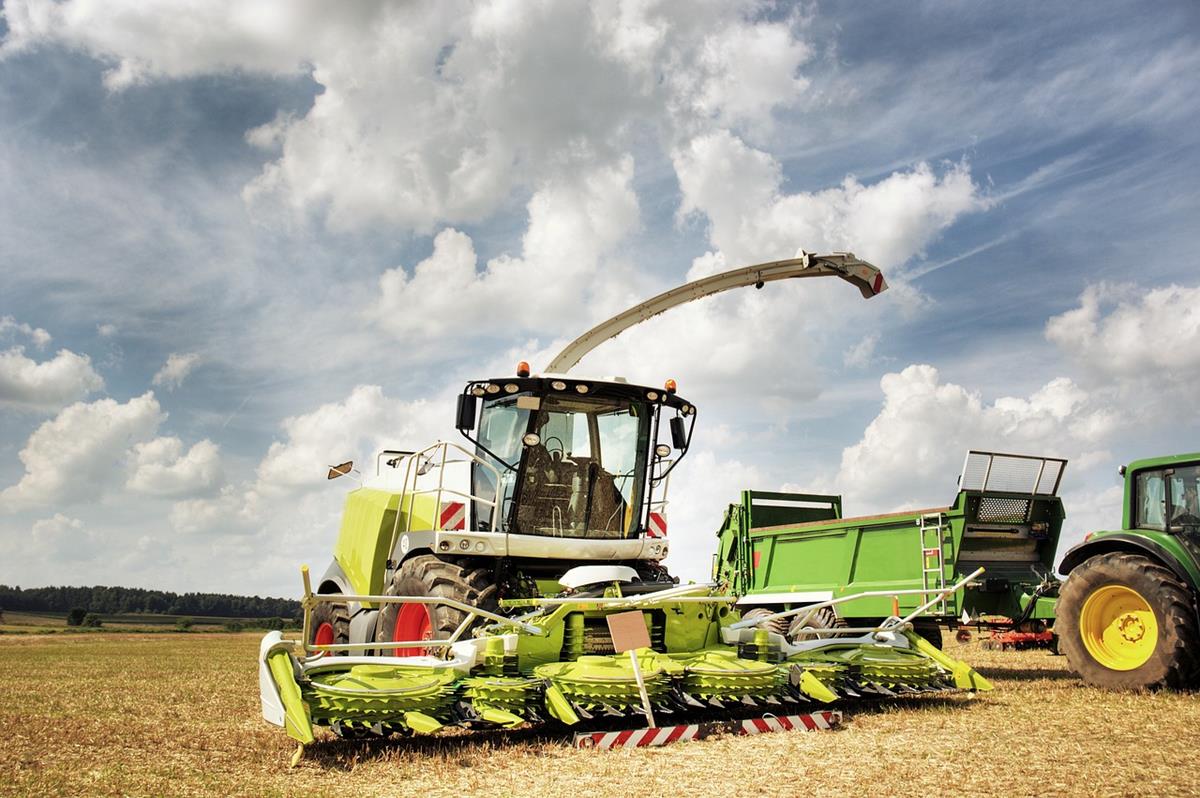Flexible Intermediate Bulk Containers (FIBCs), commonly known as bulk bags or big bags, have revolutionized the packaging industry with their versatility and efficiency.
These large, sturdy bags, typically made from woven polypropylene, are designed to store and transport a wide range of materials, including powders, granules, and other bulk goods. In this article, we will explore the various benefits that FIBCs offer and why they have become indispensable across numerous industries.

Cost-effective packaging solution
One of the primary advantages of using FIBCs is their cost-effectiveness. Compared to traditional packaging methods such as drums, boxes, or pallets, bulk bags offer significant savings in both transportation and storage costs. Their lightweight design reduces shipping expenses, while their collapsible nature allows for efficient storage when not in use. Additionally, FIBCs can be reused multiple times, further lowering packaging expenses over the long term.
Enhanced efficiency
Flexibility is another key benefit of FIBCs. These containers come in various sizes and configurations, allowing them to accommodate different quantities and types of materials. Whether it’s handling hazardous chemicals, agricultural products, or construction materials, FIBCs can be tailored to meet specific requirements. Moreover, their large capacity means fewer bags are needed to transport the same volume of goods compared to smaller packaging options, reducing loading and unloading times.
Environmental sustainability
In an era where environmental concerns are paramount, FIBCs offer a sustainable packaging solution. Unlike single-use containers, which contribute to plastic waste, bulk bags can be reused multiple times before reaching the end of their lifespan. Furthermore, many FIBCs are recyclable, and some manufacturers offer options made from recycled materials, further reducing their environmental footprint. By choosing FIBCs, companies can demonstrate their commitment to sustainability while minimizing their impact on the planet.
Improved safety
Safety is a top priority in industries that deal with hazardous or sensitive materials. FIBCs are designed with safety in mind, featuring features such as sturdy construction, reinforced seams, and UV protection for outdoor storage. Additionally, many bulk bags are equipped with features like dust-proof closures and liners to prevent contamination and leakage during transportation. By providing a secure and reliable packaging solution, FIBCs help mitigate risks and ensure the safe handling of goods.
Versatility in application
One of the most significant advantages of FIBCs is their versatility in application. These containers are used across a wide range of industries, including agriculture, chemicals, food and beverages, pharmaceuticals, and construction. Whether it’s transporting grains, fertilizers, powders, or liquids, FIBCs can adapt to the unique requirements of each sector. Their ability to withstand various environmental conditions, including extreme temperatures and moisture, makes them suitable for diverse applications – supersacks.
Flexible Intermediate Bulk Containers have transformed the way businesses package, store, and transport bulk materials. With their cost-effectiveness, efficiency, sustainability, safety, and versatility, FIBCs have become indispensable across numerous industries. As companies strive to optimize their operations and minimize their environmental impact, FIBCs offer a compelling solution that meets both economic and ecological needs. By understanding the benefits of FIBCs and incorporating them into their supply chain strategies, businesses can streamline processes, reduce costs, and contribute to a more sustainable future.
